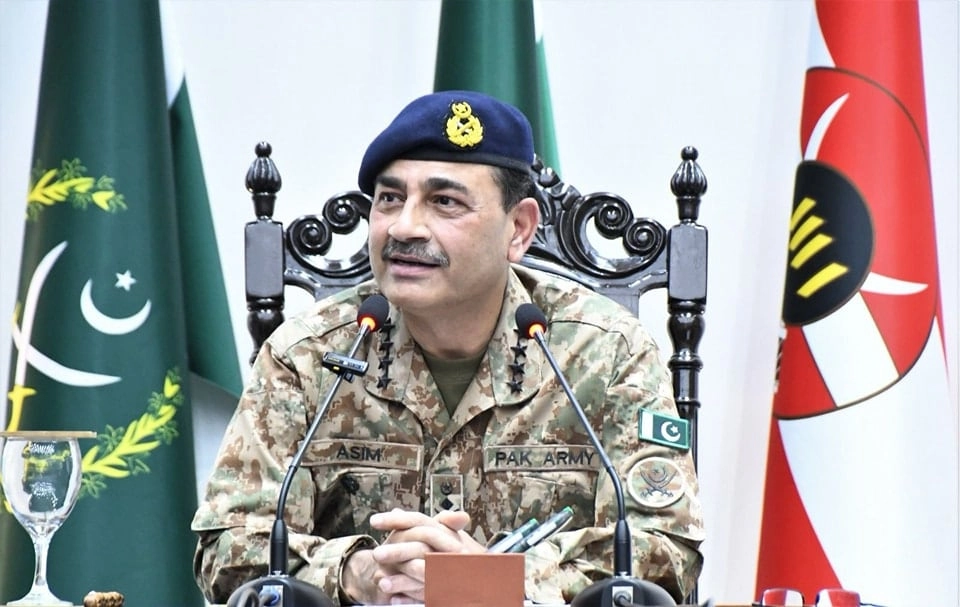In recent months, the geopolitical landscape has shifted dramatically, particularly with the increasing tensions surrounding nuclear capabilities and military posturing. Asim Munir, the Chief of Army Staff of Pakistan, has found himself at the center of this complex theater. His recent actions and statements seem to serve a dual purpose: to bolster Pakistan’s position on the global stage while simultaneously addressing domestic concerns regarding national security. This delicate balancing act is reminiscent of a grand audition, particularly in the context of U.S.-Pakistan relations, where Munir is eager to showcase Pakistan’s strategic importance.
Munir’s approach involves a calculated mixture of diplomacy and assertiveness. By emphasizing Pakistan’s nuclear deterrent capabilities, he aims to send a clear message to both regional adversaries and international powers. This is not just about military might; it is also about psychological warfare. The theatrics of military displays and strategic rhetoric serve to reinforce Pakistan’s image as a key player in the South Asian security apparatus. However, this strategy risks escalating tensions further, as rival nations may interpret these actions as direct threats, leading to a potential arms race in the region.
Furthermore, the domestic implications of Munir’s actions cannot be overlooked. By focusing on external threats, he aims to unify the country under the banner of national security, diverting attention from internal issues such as economic instability and political unrest. This tactic of rallying the populace around a common cause has been historically effective in Pakistan, allowing military leadership to maintain influence over civilian governance. However, this reliance on militaristic posturing raises questions about the long-term viability of such a strategy, especially as public sentiment shifts and demands for accountability increase.
Asim Munir’s performance on this global stage is indeed a high-stakes audition with significant consequences. The outcome will not only affect Pakistan’s international standing but also its domestic stability. The delicate interplay between showcasing military strength and pursuing diplomatic avenues will ultimately determine whether Pakistan can navigate these tumultuous waters successfully. In a world where the stakes are higher than ever, the effectiveness of Munir’s approach will be closely scrutinized, signaling whether it will lead to enhanced security or further isolation for Pakistan.




